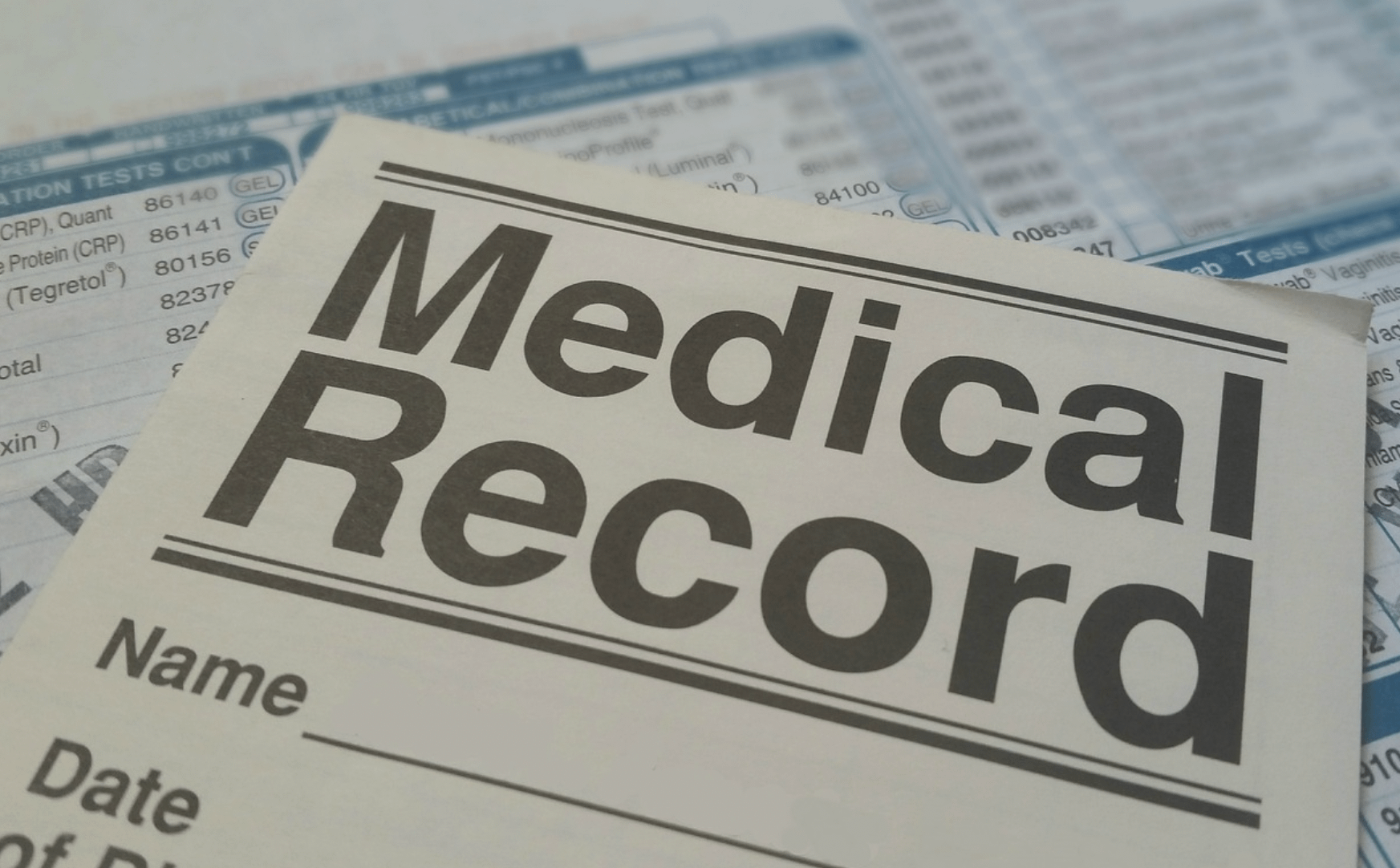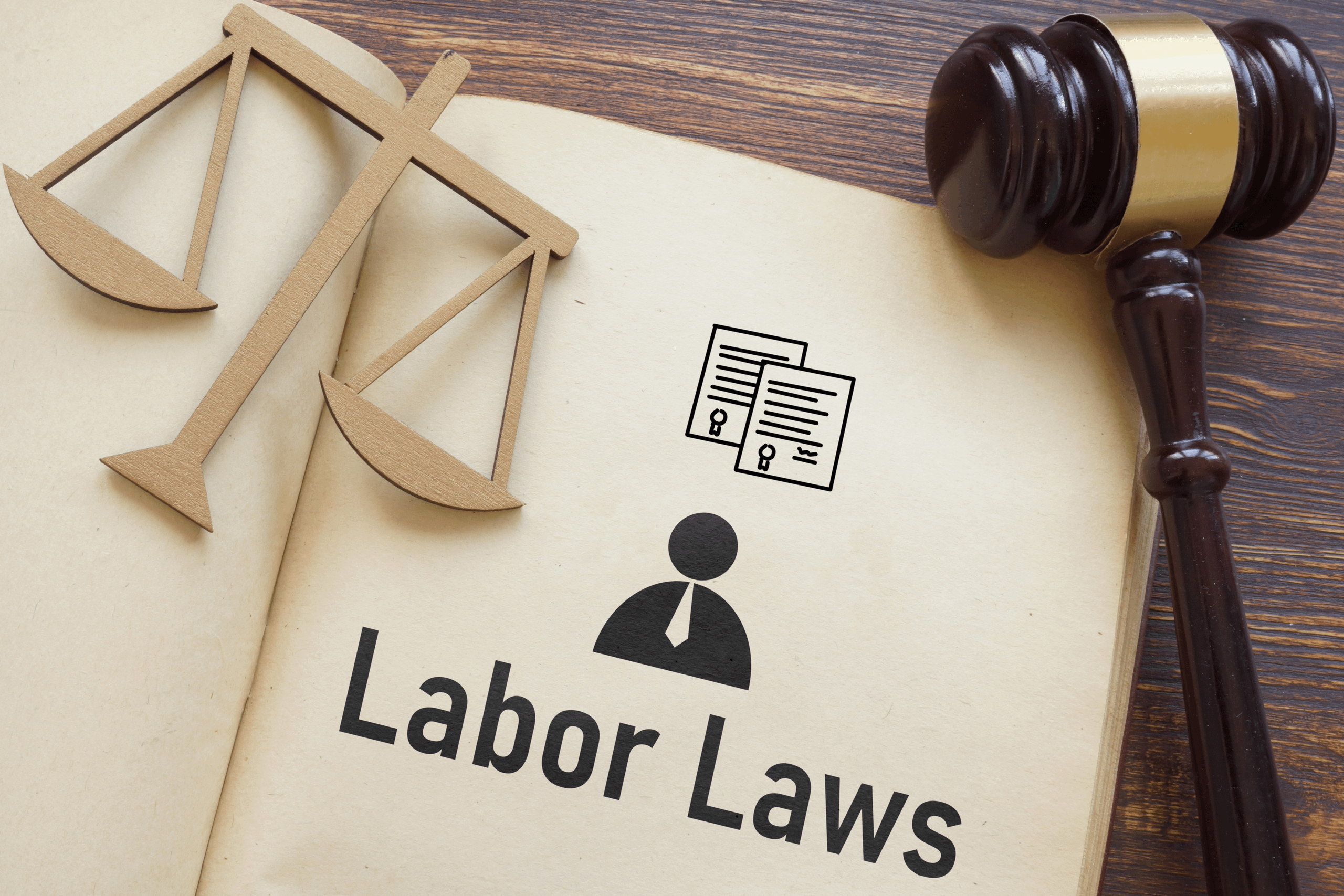Section 9.60 of New York’s Mental Hygiene Law (better known as the Assisted Outpatient Treatment (“AOT”) Law or, “Kendra’s Law”) is a court-mandated outpatient treatment program for individuals with a mental illness who are typically non-compliant without their outpatient treatment plan. The criteria to obtain an AOT Order are, among other things, that the patient: (i) has been hospitalized at least twice within the prior 36 months as a result of non-compliance with treatment, or (ii) has committed, attempted, or threatened an act of violence or an act of self-harm within the prior 48 months.
Until recently, the law allowed the entity applying for the AOT Order (usually a hospital or county) the ability to obtain prior medical records of the patient without the patient’s consent, and without even notifying the patient. These prior records are often necessary so that the hospital can provide legally sufficient proof to the court of one of the two statutory requirements set forth above. A recent ruling by the New York State Court of Appeals (New York’s highest court) held that this provision was unconstitutional because it conflicts with the federal privacy law known as the Health Insurance Portability and Accountability Act (” HIPAA”). In essence, the Court concluded that HIPAA’s regulations, which prevent the unauthorized release of protected health information, trumps the AOT law and therefore that portion of the AOT law which permitted hospitals to access patient records, without the patient’s consent or knowledge, for the purpose of obtaining an AOT order is invalid.
Going forward, it is now incumbent upon hospitals and other entities that seek AOT Orders for psychiatric patients to do one of the following: (1) obtain a HIPAA-complaint release from the patient which specifically authorizes the release of his or her prior medical records; (2) seek a court order authorizing the release of the patient’s prior medical records; or (3) shortly after submitting a petition for an AOT Order, submit a subpoena to be judicially “so-ordered” by the court, authorizing the release of the patient’s prior medical records.
Naturally, the first option (obtaining a written release from the patient) is preferable and the easiest route to take. However, in the face of a patient’s objection, the entity seeking the AOT Order must obtain judicial authorization to obtain these records by one of the two methods suggested.
* * *
If you have any questions regarding AOT Orders or any matter involving mental health law, please contact Carolyn Reinach Wolf, Esq., Douglas Stern, Esq., Eric Broutman, Esq. or your attorney contact at our firm.





